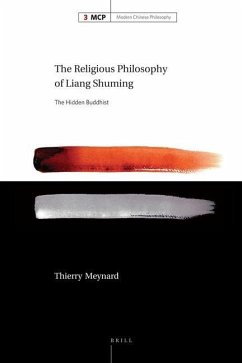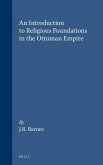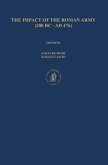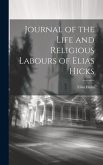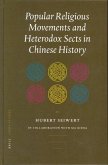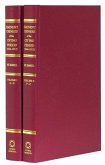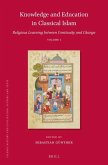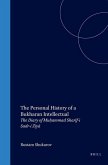Liang Shuming (1895-1988) is one of the most important Chinese philosophers in twentieth century China. Generally considered to be a Confucian, and even the last Confucian, the author argues that he was in fact a Buddhist. Liang s thoughts are analysed within the background of the intellectual debates on religion in republican China. He reshaped the Western concept of religion from the standpoint of Yog c ra Buddhism. Yet, he advocated for the present time Confucianism as the ethical religion that would lead ultimately to the Buddhist liberation. Examining Liang s religious belief sheds new light on his fascinating life, particularly his involvement in the Rural Reconstruction movement of the nineteen-thirties. It also explains why Liang was the only intellectual who dared to publically oppose Mao in the nineteen-sixties and seventies.
Hinweis: Dieser Artikel kann nur an eine deutsche Lieferadresse ausgeliefert werden.
Hinweis: Dieser Artikel kann nur an eine deutsche Lieferadresse ausgeliefert werden.

